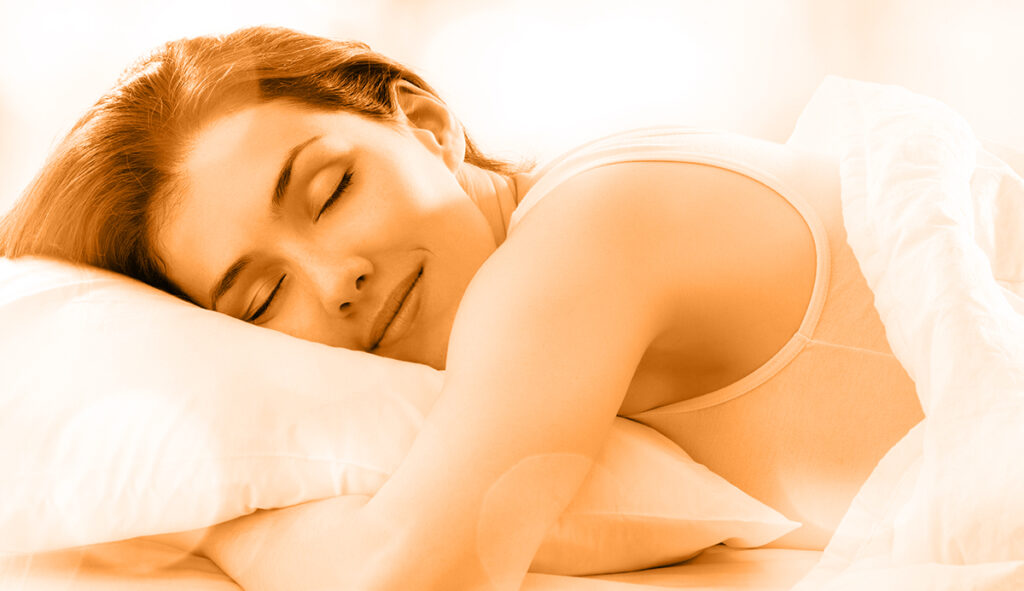Insomnia is a common condition with 1 in 3 Adults Having Symptoms
Insomnia symptoms involve:
- Trouble falling asleep.
- Difficulty staying asleep.
- Waking up too early with the inability to get back to sleep.
Cannabidiol (CBD) is used for various health conditions, including arthritis, anxiety, depression and promoting sleep and relaxation. Read this blog to gain a better understanding of how CBD can influence sleep patterns and the research backs it up.
Table of Contents
Insomnia continues to be a common condition, with roughly 1 in 3 adults having symptoms.
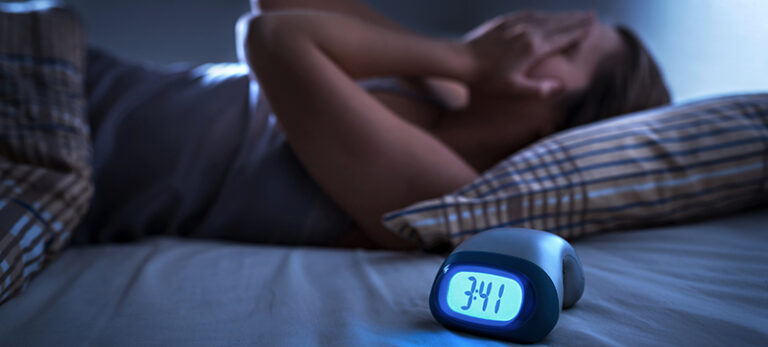
Insomnia is a condition that involves a lack of satisfactory sleep. To be considered insomnia, sleep problems must cause an impairment in functioning or severe distress.1 In the U.S., the incidence of insomnia is on the rise; so too is the use of natural treatment modalities, such as cannabinoids or CBD for sleep.1
Sleep is an essential function required for a healthy nervous system and overall health and wellness. Adequate sleep contributes to many factors, including: 3
- Robust energy levels
- Cognitive function
- Cardiovascular health
- Healthy hormone levels
- A strong immune system
- Overall homeostasis
How The Endocannabinoid System Affects Sleep
The endocannabinoid system (ECS) regulates the body’s sleep-wake cycle.
According to a 2010 British Journal of Pharmacology publication, the endocannabinoid system (ECS) helps to regulate the body’s sleep-wake cycle.4
The sleep-wake cycle is one of the most common of the body’s circadian rhythms.4 The sleep-wake cycle is how the body maintains and promotes sleep. Circadian rhythms with a cycle length of approximately 24 hours impact several body processes, including sleep and wakefulness, hormonal changes and body temperature.5
Scientists hypothesize that the endocannabinoid system acts as a link between the body’s circadian rhythms, specifically its sleep-wake cycle, and its physiological processes, including sleep.4
Symptoms of insomnia (including difficulties in falling asleep, staying asleep, or waking up too early) result in a lack of adequate sleep and is thought to disrupt the normal function of the ECS. Both Endocannabinoids and Exocannabinods (CBD, CBG, CBN etc.) work on endocannabinoid receptors to help the body recover from abnormal sleep patterns resulting from sleep deprivation.
Based on the scientific findings regarding how critical the ECS is in regulating the sleep-wake cycle, it’s essential to consider the impact of exogenous cannabinoids or exocannabinoids, such as CBD, CBG, CBN and other phytocannabinoids, on sleep.1 Learn more about exocannabinoids here.
What is CBD and How Does CBD Impact Sleep?
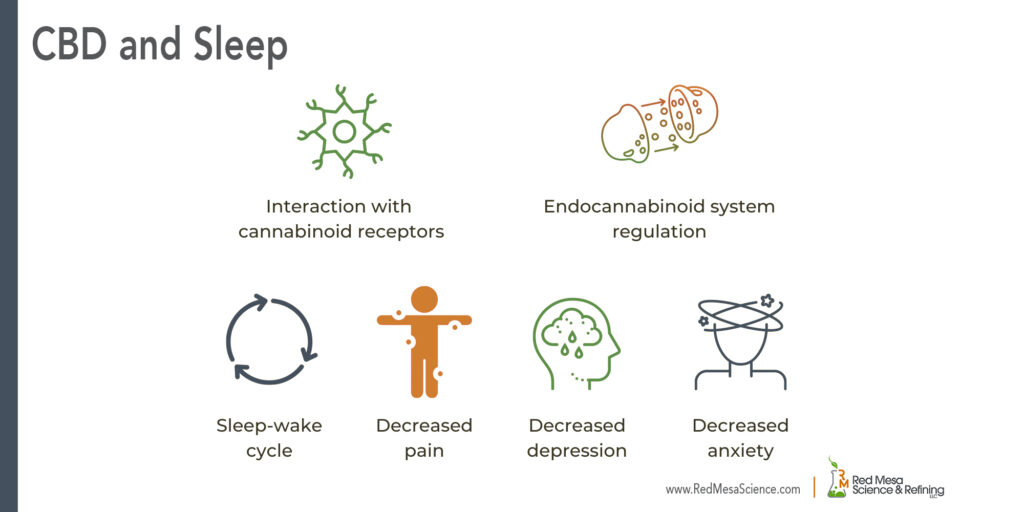
What is CBD?
CBD is a single compound found in the cannabis Sativa L plant. The Cannabis sativa hemp plant is very complex, with over 400 chemical components, 100 of which are cannabinoids. Although the cannabis plant includes THC and CBD, Hemp-derived CBD has minimal amounts (less than 0.3%) of THC, which is not enough to cause a person to get high. CBD, as a raw ingredient (CBD Isolates and Distillates), can be formulated into various consumer products addressing sleep disorders.
How does CBD Impact Sleep?
Cannabinoids like CBD can bind with receptors to stimulate wakefulness or drowsiness. The ECS regulates the CB1 cannabinoid receptor, which is thought to contribute to sleep regulation. The signaling molecules, anandamide and 2-AG promote sleep via activation of the CB1 receptor. 10 Learn more about signaling molecules, such as anandamide and 2-AG here.
The sleep-inducing effects of the cannabis plant have long been known. However, science has only recently begun unraveling the details of how the body’s endocannabinoid system (ECS) maintains a regular sleep pattern and how plant-based cannabinoids, such as cannabinol (CBD), can affect sleep. It’s important to note that CBD has been found to help treat other conditions that may interfere with a healthy sleep pattern, such as alleviating symptoms of pain, depression, anxiety and more.
Research and Studies > Can CBD Improve Sleep?

A growing body of research supports cannabidiol (CBD) as an effective treatment for symptoms of insomnia, with several preliminary human studies finding cannabinoids effective in treating various sleep problems. CBD has been found to help alleviate symptoms of other conditions (such as anxiety, depression, and pain), lending itself to sleep promotion.
Studies
A 2019 Human Study - Effectiveness of CBD on Sleep and Anxiety
A long-term 2019 human study was conducted to evaluate the effectiveness of CBD on sleep and anxiety. The study used CBD as an adjunct treatment for 103 study participants seen in a clinical setting. Most study participants were given oral dosages of 25 mg of CBD daily. 8 Some study participants were given 50 or 75 mg of CBD per day, and one was given an increased dose of 175 mg per day. The patients who mainly complained of anxiety were administered the CBD in the morning, and those with predominant complaints of insomnia took the CBD in the evening hours. Monthly documentation recorded the improvement or status in sleep patterns and anxiety. The study findings in the last sample of study participants included: 8
- Within the initial four weeks, anxiety levels decreased in 57 out of 72 (79.2%) study participants.
- During the first four weeks, 48 (66.7%) of the study participants showed an improvement in sleep scores (but the improvement ratings fluctuated over time).
- The chart review showed that the CBD was well tolerated in all except three patients in the study.
The study concluded that CBD decreased anxiety symptoms and helped improve sleep in over half of the study participants. Still, while the CBD provided steady relief for those with anxiety, the sleep scores fluctuated.
A 2017 Review Study - CBD on Sleep
A 2014 to 2017 review of recent study data on the effects of CBD on sleep suggests:1
- Cannabidiol (CBD) may potentially be an effective treatment for insomnia.
- THC may lower sleep latency (i.e., the time it takes to fall asleep), but long-term effects may involve impaired sleep quality.
- CBD may improve REM sleep disorder with daytime sleepiness.
CBD for Sleep: Dosage Study
CBD differs in its effect on sleep based on the dosage.1 Low doses of CBD have a stimulating effect; conversely, high doses result in a sedating effect. An older, human study published in the Journal of Clinical Pharmacology found that a dosage of 160 mg per day of CBD “increased total sleep time and decreased the frequency of arousals during the night.”7
Sourcing CBD For Product Formulations
Consumers are most familiar with CBD product formats that include tinctures, creams, salves, gel caps, capsules, edibles, vapes etc. Formulating with either hemp-derived CBD Isolate, CBD Distillate or CBD Crystal Resistant Distillate will be dependent upon the desired consumer CBD product overall cannabinoid composition, desired potency, ease of blending, among other specifications.
The sourcing of the cannabidiol (CBD) raw ingredients no matter which product format is vitally important. To ensure the highest standards of quality and safety, it is imperative that the CBD listed on the product label originates from a trustworthy source with final Certificates of Analysis (COAs). It is best to identify FDA registered hemp processors with ISO 9001:2015 certification, cGMP adherence, 21 Part 111 and 1117 conformance indicating they continually prioritize product quality and safety. ISO 17025, independent third-party lab COAs confirming the product’s potency and purity will provide the greatest testing confidence (read more).
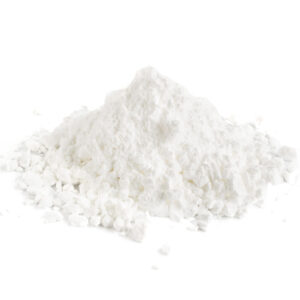
CBD Isolate
THC-free, CBD Isolate is the purest and most potent form of CBD comprised of 99% or more pure CBD (Learn More). Formulating with this CBD raw ingredient offers a tasteless, odorless pure white CBD powder with the maximum CBD potency without the THC.
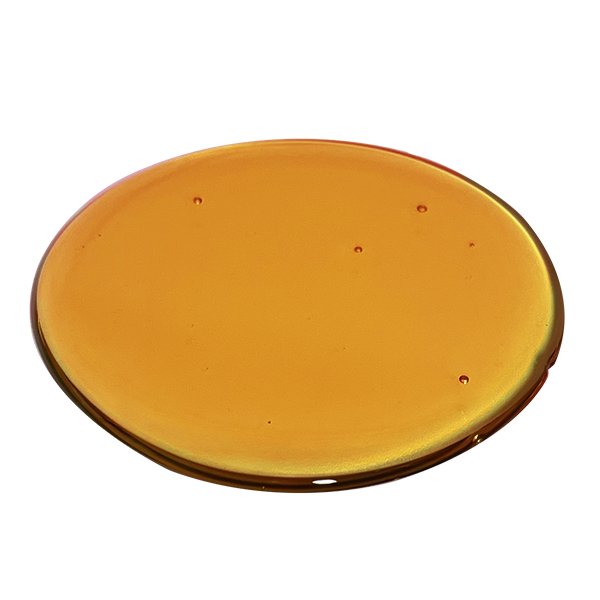
CBD DIstillates
CBD Distillate can be either CBD Broad Spectrum Distillate, CBD Crystal Resistant Distillate or Full Spectrum Distillate, all with other minor cannabinoids retained to create a blend of cannabinoids. Each Distillate is comprised of differing potencies of CBD and minor cannabinoids, which uniquely distinguishes it from the others. It is this synergistic blend of cannabinoids that some researchers believe may introduce the entourage effect, enhancing the overall effectiveness of CBD and adding in the benefit of additional cannabinoids.
Resources
- Babson KA, Sottile J, Morabito D. Cannabis, cannabinoids, and sleep: a review of the literature. Curr Psychiatry Rep. 2017;19(4):23. https://doi.org/10.1007/s11920-017-0775-9
- Kesner AJ, Lovinger DM. Cannabinoids, endocannabinoids and sleep. Front Mol Neurosci. 2020;13:125. doi:10.3389/fnmol.2020.00125 https://doi.org/10.3389/fnmol.2020.00125
- NIH News in Health. The Benefits of Slumber. https://newsinhealth.nih.gov/2013/04/benefits-slumber Updated April, 2013.
- Vaughn LK, Denning G, Stuhr KL, De Wit H, Hill MN, Hillard CJ. Endocannabinoid signaling: has it got rhythm?: Endocannabinoid signaling and biological rhythms. British Journal of Pharmacology. 2010;160(3):530-543. https://doi.org/10.1111/j.1476-5381.2010.00790.x
- UCLA Health. UCLA Sleep Lab. Circadian Rhythms. https://www.uclahealth.org/sleepcenter/circadian-rhythms
- Atakan Z. Cannabis, a complex plant: different compounds and different effects on individuals. Therapeutic Advances in Psychopharmacology. 2012;2(6):241-254. https://doi.org/10.1177/2045125312457586
- Carlini EA, Cunha JM. Hypnotic and antiepileptic effects of cannabidiol. The Journal of Clinical Pharmacology. 1981;21(S1):417S-427S. https://doi.org/10.1002/j.1552-4604.1981.tb02622.x
- Shannon S. Cannabidiol in anxiety and sleep: a large case series. TPJ. 2019;23. doi:10.7812/TPP/18-041 https://doi.org/10.7812/TPP/18-041
- Arthritis Foundation. CBD for Arthritis Pain? What You Should Know. https://www.arthritis.org/health-wellness/healthy-living/managing-pain/pain-relief-solutions/cbd-for-arthritis-pain
- Murillo-Rodríguez E, Budde H, Veras AB, et al. The endocannabinoid system may modulate sleep disorders in aging. CN. 2020;18(2):97-108.https://doi.org/10.2174/1570159X1766619080115592
Contributing Author: Sherry Christiansen, Dr. George Gavrilos, Dr. Steven Salzman

